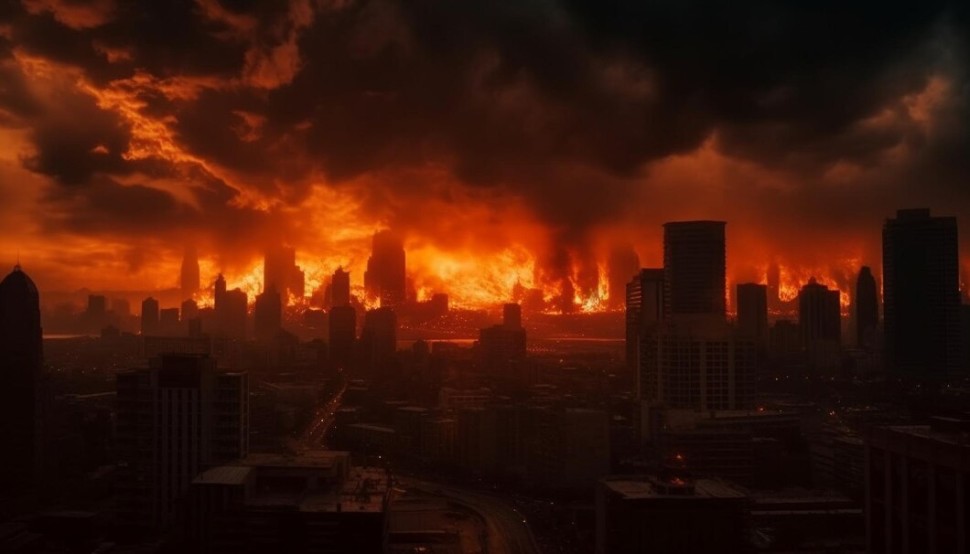A Dramatic Call for Cease-Fire
In a recent bold move, UN Secretary-General António Guterres has made a sweeping plea to the UN Security Council. Alarmed by the deepening Israel-Hamas conflict and the subsequent humanitarian devastation, Guterres called for a comprehensive cease-fire. He highlights the two months of continuous combat that has caused unimaginable suffering, widespread destruction, and psychological ramifications on both sides of the conflict - in Israel and the Occupied Palestinian Territory.
Article 99: A Rare Provision Called into Action
For the first time, Guterres has evoked the seldom-used Article 99 from the United Nations Charter. Empowering the Secretary-General, this provision allows him to spotlight any issue he perceives as a potent threat to global peace and security before the Security Council. The objective? To sail Gaza away from an accelerating humanitarian crisis.
In the eyes of Guterres, the international community has the imperative responsibility to exploit all its influence to quell this explosive situation. The suffering civilian population, he urges, should be sheltered from further atrocities. Implementing a humanitarian cease-fire, Guterres contends, can restore survival means and streamline the safe and expedient delivery of humanitarian aid across the beleaguered Gaza Strip.

ALSO READ: Is Israel Adhering to International Law? Top White House Official Refuses to Confirm
Israel's Stern Rebuke
This stimulus has elicited a sharp backlash from Israel. Eli Cohen, Israeli Foreign Minister, has flagged Guterres's tenure as a harbinger of a global peace threat, implying that his venture to trigger Article 99 might indirectly be voicing endorsement of the Palestinian militant faction, Hamas. The UN, however, has yet to comment on these insinuations, even though it has previously fended off similar presumptions of bias in the Israel-Hamas war.
The Waning Faith in UN's Impartiality
In a rising war of words, Israel's diplomatic conduit to the UN last month demanded Guterres's resignation, leveling charges of a severe erasure of morality and impartiality against him. This transpired following Guterres's call to acknowledge that Hamas's October 7 strikes were not unwarranted but were rooted in the "56-long years of asphyxiating occupation" endured by the Palestinian populace.
A High-Powered Tool to Amplify Pressure
UN spokesperson Stéphane Dujarric has touted Article 99 as the "most forceful tool" that Guterres can wield, given the astonishing scale and swiftness of the loss of life in Israel and Gaza. He hopes that invoking this article will amp up the pressure on the Security Council's 15 members and the international community, engendering an insurmountable demand for a cease-fire.
The Pinnacle Role of the Security Council
The Security Council, a mighty entity comprising five permanent members with veto power and ten non-permanent members, is yet to sanction a resolution espousing a cease-fire between Israel and Hamas. The Council's formidable reach extends through the veto power that China, France, Russia, the UK, and the US possess. However, the US has exercised its veto power against a resolution proposed on October 18, calling for "humanitarian pauses" in the clashes to facilitate aid delivery to Gaza. But come mid-November, the Council passed a resolution, leading forward the bid for "urgent and extended humanitarian pauses."
If you've been impacted by this ongoing conflict in legal terms, seeking professional legal assistance can make a world of difference. Being well-versed in the situation's complexities can equip you with the requisite guidance and tools to navigate this unsettling time. Reach out today, uphold your rights, and secure peace of mind.




